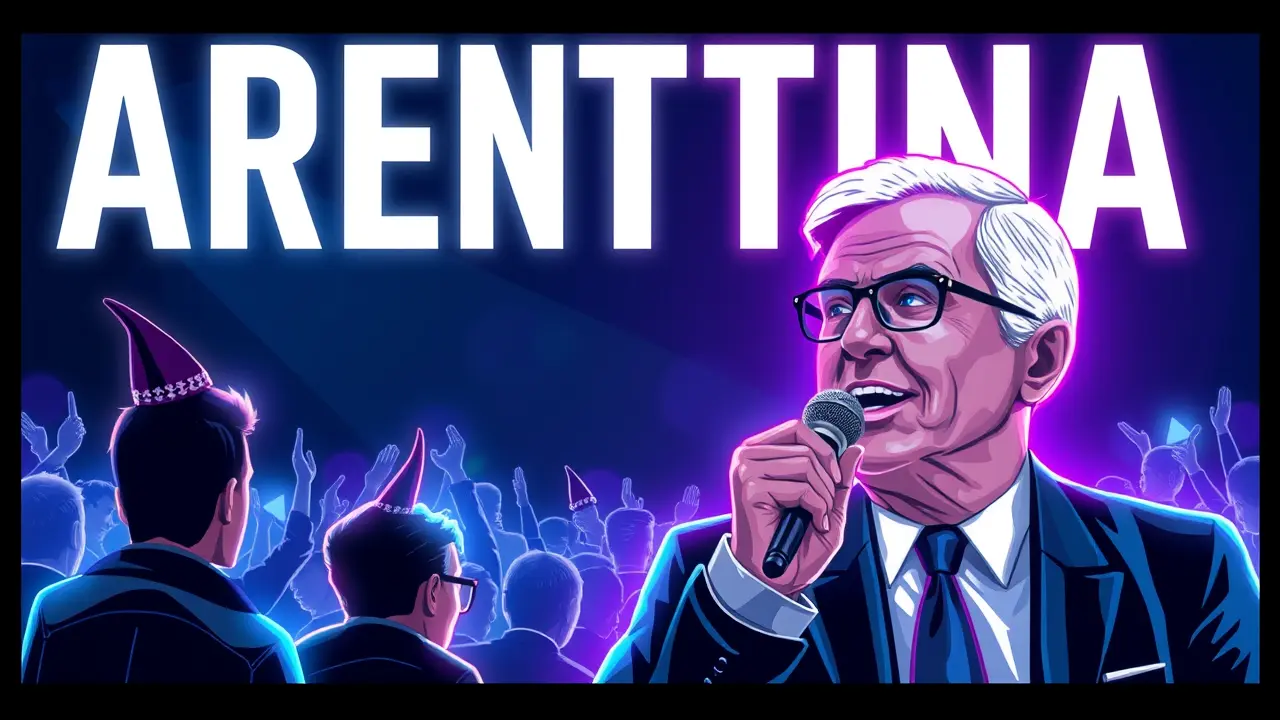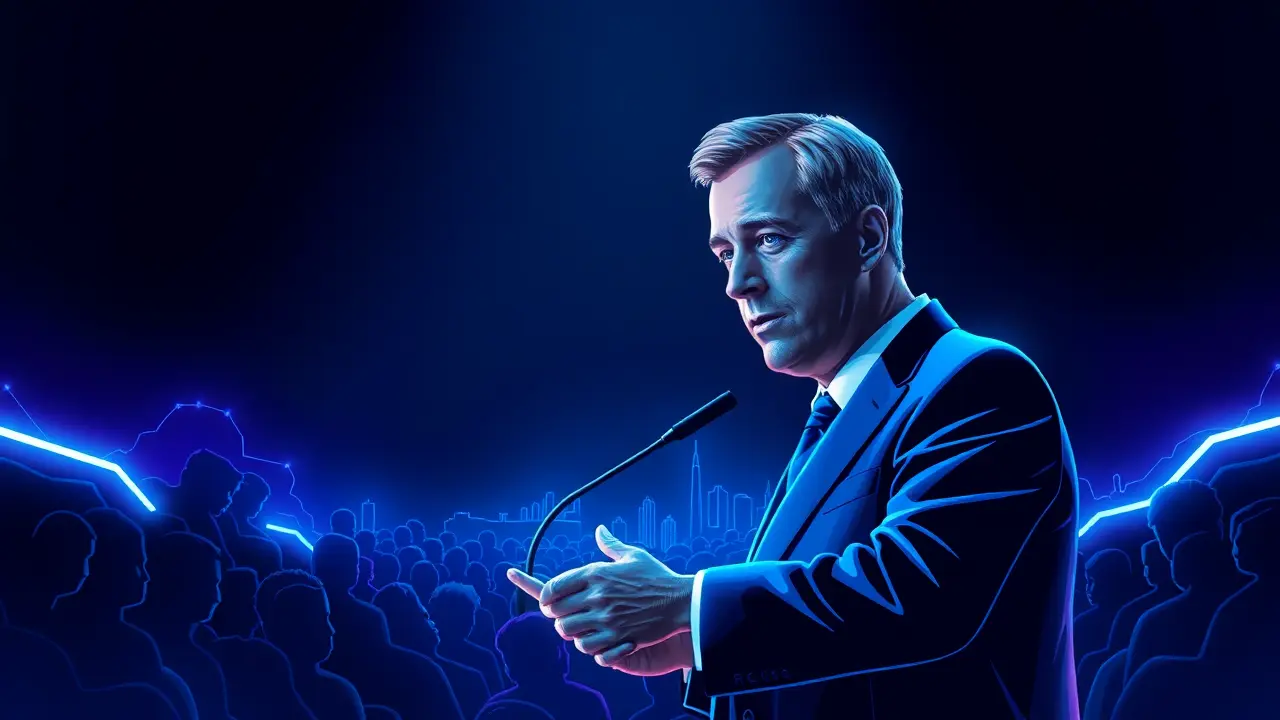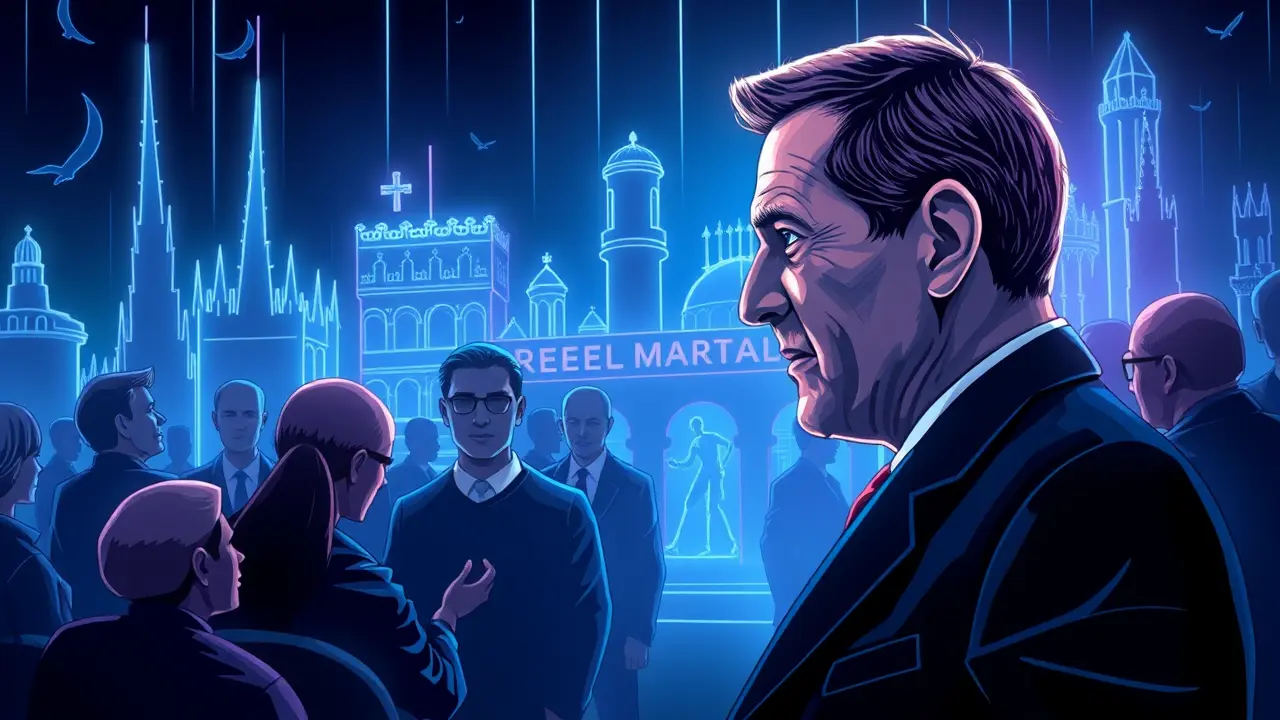
PoliticselectionsPost-Election Analysis
Argentina's Legislative Election Backs Milei's Economic Reforms
RO
Robert Hayes
13 hours ago7 min read3 comments
The October legislative election in Argentina has delivered a decisive verdict, one that veteran political analysts recognize as a profound shift in the nation's political trajectory, echoing historical moments where populations, faced with existential economic crises, have chosen radical reform over familiar decline. While President Javier Milei's draconian approach to economic reform—a shock therapy of severe public spending cuts, deregulation, and a confrontational stance against the political establishment—has drawn sharp criticism from international commentators and domestic opponents alike, the Argentine electorate has demonstrated a stoic, almost Churchillian resolve to endure short-term pain for a promised long-term gain, explicitly rejecting a return to the Peronist policies that have defined, and many argue, crippled, the country's economy for decades.This electoral outcome is not merely a political victory for Milei's La Libertad Avanza coalition; it is a fundamental repudiation of the Peronist model of state intervention, robust social spending, and protectionist economics that has led Argentina to a staggering 276% annual inflation rate, depleted central bank reserves, and a decades-long cycle of boom-and-bust that has impoverished a once-prosperous nation. The historical parallel is striking: much like Margaret Thatcher's Britain in the 1980s, where a weary public eventually backed her harsh but necessary medicine to break the power of the unions and revitalize a stagnant economy, Argentina appears to have reached its own tipping point, choosing the bitter pill of fiscal austerity over the seductive but ultimately ruinous sugar of perpetual deficit spending and monetary expansion.Milei, often dubbed 'El Loco' for his theatrical demeanor and radical libertarian ideology, now possesses a clear and fortified path to finish what he started, with a strengthened bloc in Congress that can push through previously stalled legislation, including a sweeping omnibus bill aimed at privatizing state enterprises, further dismantling price controls, and fundamentally restructuring the Argentine state. The international community, particularly the International Monetary Fund which holds a $44 billion debt with Argentina, watches with bated breath; success could position Argentina as a dramatic case study in radical economic transformation, while failure risks plunging South America's second-largest economy into even deeper social unrest and hyperinflation. The road ahead remains perilously narrow, fraught with the risk of social unrest as subsidies are slashed and public services contract, but for the first time in a generation, a significant portion of the Argentine populace has voted not for a return to a romanticized past, but for a leap into an uncertain, yet potentially liberated, future, betting that the pain of reform is a lesser evil than the slow decay of the status quo.
#editorial picks news
#Argentina
#Javier Milei
#economic reform
#legislative election
#Peronist policies
#short-term pain
Stay Informed. Act Smarter.
Get weekly highlights, major headlines, and expert insights — then put your knowledge to work in our live prediction markets.
Related News
© 2025 Outpoll Service LTD. All rights reserved.








